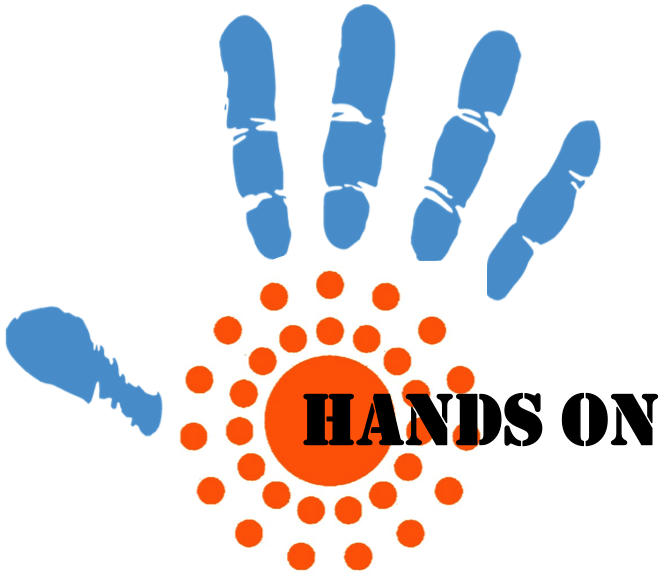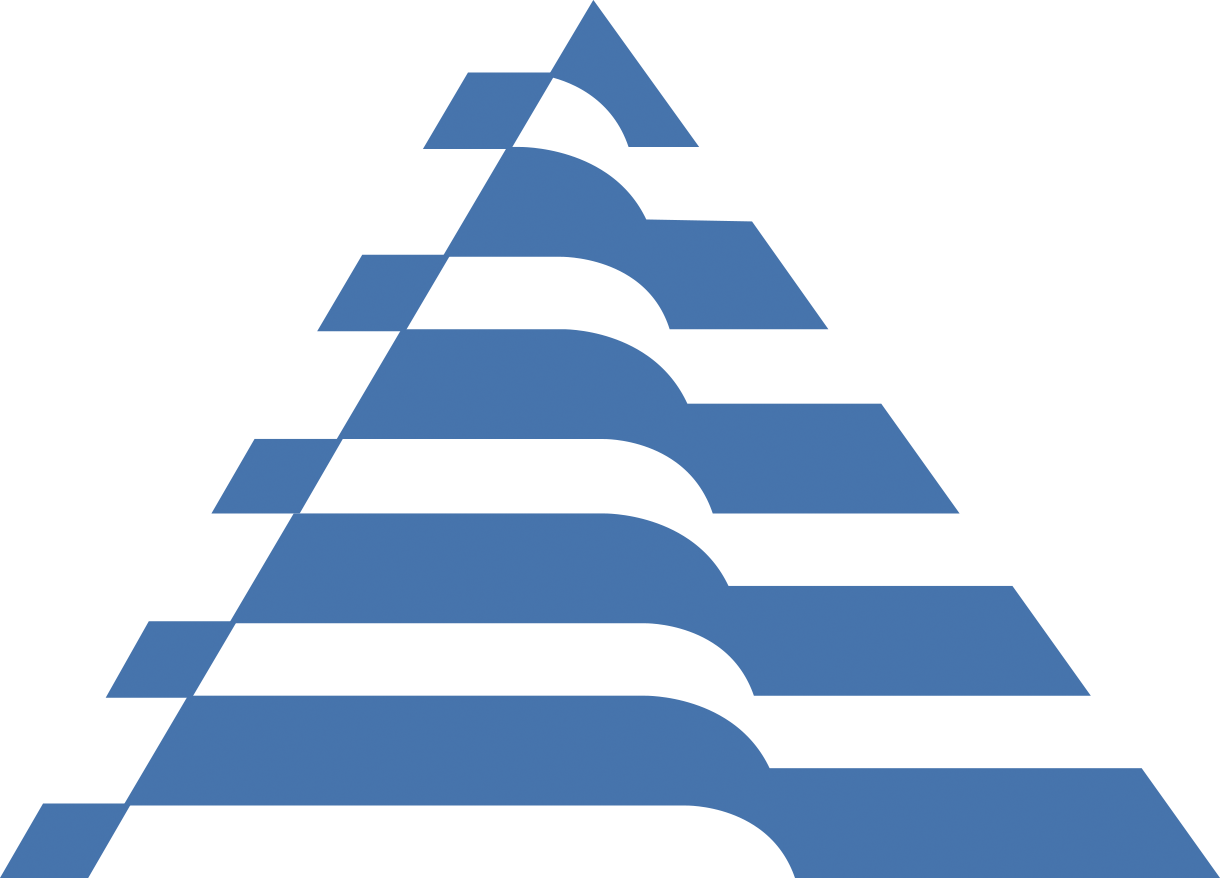Program Key:
|
|
|||
| Workshops & Tutorials: | Pre-Conference sessions labeled "Workshop" are 1/2 or full day sessions addressing specific topics and learning outcomes. Some are designated "hands-on" where they involve considerable aspects of direct application of principles and processes by participants (look for the hands-on icon) | ||
|
|
|||
| Special Sessions: | Conference sessions labeled "Special Session" are unique sessions of 90 minutes to a full day addressing topics of special interest to the Dublin Core community. The format of Special Sessions varies and may include combinations of speaker/panel presentations, and discussion. | ||
|
|
|||
| Papers, Project Reports & Presentations: | Sessions labeled "Papers & Presentations" are sessions containing a mix of of peer reviewed paper submissions of interest to the Dublin Core community that break new ground in metadata theory or practice and Project Reports that present existing projects that demonstrate new solutions to existing metadata problems and/or illustrate metadata best practices. Presentations on metadata topics of interest are also included in the mix. | ||
|
|
|||
| Plenary Sessions: | General sessions where all delegates to the conference gather. | ||
|
|
|||
 |
Sessions identified by the "hands on" icon have significant components where the participants can directly apply the knowledge and skills being covered. On occasion, such sessions may require pre-meeting preparations. | ||
|
|
|||
 |
High-speed wireless Internet connectivity in all meeting rooms, lobbies, and guest rooms. | ||
|
|
|||

Titles link to abstracts and session description.
| Time October 26 | Arlington / Fairfax (3rd Floor) | Prince William (3rd Floor) |
||
|---|---|---|---|---|
| 8:00 - 9:00 | REGISTRATION | |||
| 8:30 - 9:00 | CONFERENCE OPENING SESSION | |||
| 9:00 - 10:00 | KEYNOTE: G. Sayeed Choudhury Johns Hopkins University |
|||
| 10:00 - 10:30 |
BREAK |
|||
| 10:30 - 12:00 |
Metadata Theory and Practice More Than what it seems: How critical theory, popular engagement and apps like Tinder can help us reframe metadata and its consequences IFLA LRM – finally here The Use of Digital Object Identifiers in the National Diet Library digital collections Data and Metadata Instantiation: Use Cases and a Conceptual Model |
How to Design & Build Semantic Dave Clarke, Synaptica |
||
| 12:00 - 1:30 |
LUNCH |
|||
| 1:30 - 3:00 |
Linked Data I: Transitions from Legacy Using the Semantic Web to improve knowledge of translations Extending legacy metadata with Linked Open Data |
Linked Data for Production (LD4P): Stanford University: |
||
| 3:00 - 3:30 |
BREAK |
|||
| 3:30 - 5:00 |
Developing a Metadata Community Response to the Post-Truth Information Age Presenter & Discussion Facilitator: David Clarke, Synaptica® |
|||
| 5:00 - 6:00 | ||||
| 6:00 - 7:30 |
RECEPTION & POSTER SESSION Integrated Learning of Metadata Quality Evaluation and Metadata Facilitating Information Sharing and Collaboration through Taxonomy at the Federal Reserve Board The Development of an Application Profile for the OAK Institutional Repository ORCID: Using API Calls to Assess Metadata Completeness Estimating Domain Models from Metadata Instances to Improve Usability of LOD Datasets Creating a Linked Data-friendly Metadata Application Profile for Archival Description Collaborative Metadata Application Profile Development for DAMS Migration SEPIA Project: Providing Access to Digital Image Content for the Blind and Visually Impaired |
|||

Titles link to abstracts and session description.
| Time October 27 | Arlington / Fairfax (3rd Floor) | Prince William (3rd Floor) |
|---|---|---|
| 8:00 - 9:00 | REGISTRATION
|
|
| 8:30 - 10:00 |
Linked Data II: In and Around the Library Metadata for the Certificates of Energy Efficiency of Buildings in Smart Cities Expanding the Institutional Repository Mission: Innovating with Linked Data for NASA Digital Curation Towards a BIBFRAME Implementation: The bibliotek-o Framework |
Taming the Graph: Profiles over Linked Data Morning Session 1: The Role of Profiles » "Application Profiles" since DC-2000 |
| 10:00 - 10:30 |
BREAK |
|
| 10:30 - 12:00 |
Sustainability and Preservation Applying the Levels of Conceptual Interoperability Model to a Digital Library Ecosystem – a Case Study A Data Model for Lifecycle Management of Natural Hazards Engineering Data Best Practices for Software Metadata: A Report from the Software Preservation Network |
Taming the Graph: Profiles over Linked Data Morning Session 2: Developing and Using Profiles
» Requirements for BIBFRAME profiles |
| 12:00 - 1:30 |
LUNCH |
|
| 1:30 - 3:00 |
Teaching and Learning LD4PE: A Competency-based Guide to Linked Data Principles and Practices Understanding Users' Metadata Needs: How Do We Know What They Want? |
Taming the Graph: Profiles over Linked Data Afternoon Session 1: Expressing and Profiling Data » JSON-LD: The data syntax and its uses |
| 3:00 - 3:30 |
BREAK |
|
| 3:30 - 5:00 |
Semantic Web Workbench—Tools, Ontologies, Software Metadata for Improving Transparency in the Credentialing Marketplace VitroLib: From an Ontology and Instance Editor to a Linked Data Cataloging Editor Topic Maps for Digital Scholarly Monographs |
Taming the Graph: Profiles over Linked Data Afternoon Session 2: Sharing profiles » Documenting profiles and vocabularies on the Web |
| 5:00 - 5:30 | CELEBRATORY PLENARY | |

Titles link to abstracts and session description.
| Time October 28 | Arlington / Fairfax (3rd Floor) | Prince William (3rd Floor) |
|---|---|---|
| 8:00 - 9:00 | Registration | |
| 8:30 - 10:00 |
—Workshop— Organizers: |
—Workshop— Organizers: |
| 10:00 - 10:30 | Tea/Coffee Break | |
| 10:30 - 12:30 |
—Workshop— Organizers: |
—Workshop— Organizers: |
| 12:30 - 1:30 | Lunch | |
| 1:30 - 3:00 |
—Workshop— Organizers: |
—Workshop— Organizers: |
| 3:00 - 3:30 | Coffee/Tea Break | |
| 3:30 - 5:30 |
—Workshop— Organizers: |
—Workshop— Organizers: |

Detailed schedule to be announced.
| Time October 29 | Potomac III-IV |
|---|---|
| 8:30 - 10:00 | Governing Board Meeting |
| 10:00 - 10:30 | Tea/Coffee Break |
| 10:30 - 12:30 | Open Community meeting |
| 12:30 - 1:30 | Working Lunch |
![]() DCMI's work is supported, promoted and improved by « Member organizations » around the world:
DCMI's work is supported, promoted and improved by « Member organizations » around the world:
 |  |  |
 |  |  |
 |  |  |
 |  |  |
 |
![]() DCMI's annual meeting and conference addresses models, technologies and applications of metadata
DCMI's annual meeting and conference addresses models, technologies and applications of metadata


